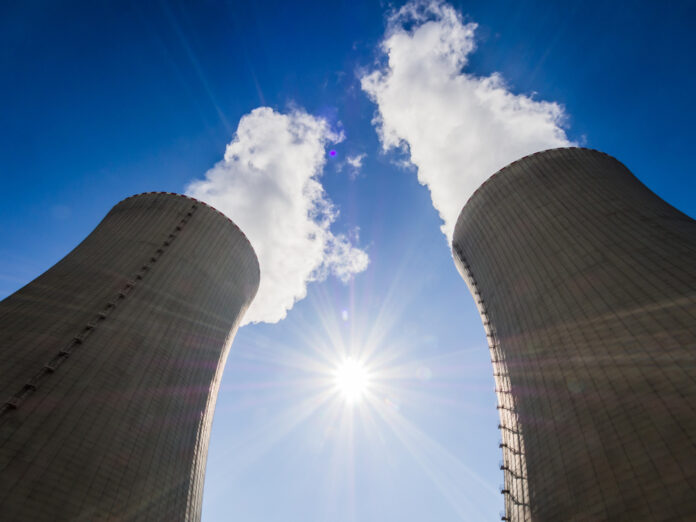The Department of Energy (DOE) remains committed to advancing the Philippines’ nuclear energy program despite ongoing challenges related to financing and supply chain issues. This developed in the wake of a recent meeting with leaders of the Organization for Economic Cooperation and Development Nuclear Energy Agency (OECD-NEA).
Energy Secretary Raphael Lotilla acknowledged the hurdles facing the country’s nuclear energy ambitions, particularly rising costs and constraints in the supply chain, which are slowing the pace of development. He emphasized the critical need for robust financing strategies to ensure the viability of nuclear power initiatives. “We are actively working on developing transition financing strategies that will help spread the substantial upfront investment required for nuclear projects over time,” Lotilla said.
The Philippines aims to incorporate at least 1,200 megawatts of nuclear energy into its power mix by 2032. The country’s nuclear aspirations were the focal point of Lotilla’s recent discussions with OECD-NEA director-general William Magwood IV. During their meeting on Monday, the two leaders explored strategies to address key challenges such as safety, innovation, and environmental responsibility.
Lotilla highlighted the significant progress the Philippines has made in building a legal and regulatory framework for nuclear energy. “We have submitted all necessary requirements for the ratification of nuclear energy-related agreements, paving the way for a safe, sustainable, and responsible nuclear energy program that will secure our nation’s energy future,” he said.
The OECD-NEA, an intergovernmental body that fosters collaboration among countries with advanced nuclear technologies, has pledged its support to the Philippines. According to Magwood, the agency’s expertise and extensive experience in nuclear safety, technology, and law would be instrumental in helping the country navigate its nuclear energy ambitions.
In addition to offering technical support, OECD-NEA is assisting in the development of scientific, technological, and legal frameworks essential for safe, environmentally sound, and economically viable nuclear energy. The agency also promotes a comprehensive system cost analysis that considers environmental impact, economic feasibility, and social acceptance in nuclear power development.
Despite the obstacles, the DOE’s optimism remains strong, underscoring the importance of long-term investment in nuclear power to address the Philippines’ future energy needs.







